Survivorship
Breast cancer survivors need help, hope, and support far beyond the end of their active treatment. Our free survivor resources offer women at all stages of the breast cancer journey the help they need and support they deserve as they navigate life during and after a diagnosis.
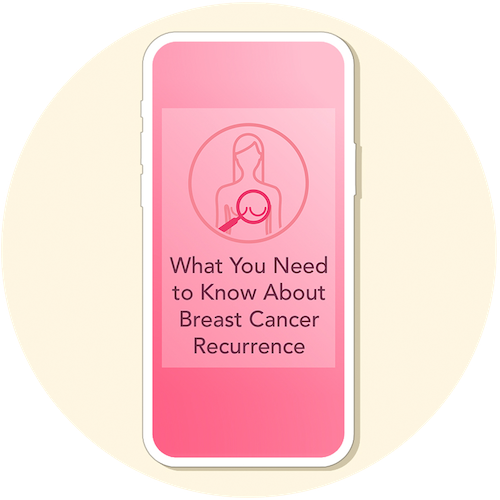
Many breast cancer survivors are concerned about a recurrence of breast cancer. In this free eBook, survivors can learn about the risk of recurrence, signs and symptoms to look for, and ways to cope with the fear of recurrence in their lives.

Setting firm boundaries over what you want to share—and what you don’t—about your diagnosis can empower survivors in their relationships with others. Learn how to set healthy boundaries as a breast cancer survivor in this blog post from a survivor.
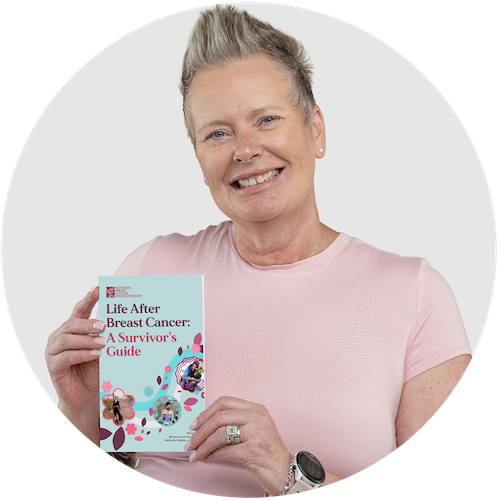
Survivorship can come with many questions. When is someone considered a survivor? What medical concerns do survivors face? How can survivors reduce their risk of recurrence? Get the answers to these questions and more in Life After Breast Cancer.
Healthy Living
One of the most effective ways to lower your risk of developing breast cancer is to adopt a healthy lifestyle. Since that is often easier said than done, our free healthy living resources aim to give you the motivation and practical steps you need to make positive lifestyle changes that support your health.

Healthy eating habits and good nutrition play a vital role in achieving optimal health and well-being. Our healthy eating cookbooks are full of simple recipes to support a healthy lifestyle while retaining the delicious flavors of life.

There is a powerful connection between mental health and physical health. This free mindfulness workbook can help you overcome anxiety, live in the moment, and practice gratitude and mindfulness in your everyday life.

From healthy recipes and food swaps to seasonal eating suggestions, this playlist of 8 short informational videos backed by health experts will make incorporating healthy living into your daily routine a snap.
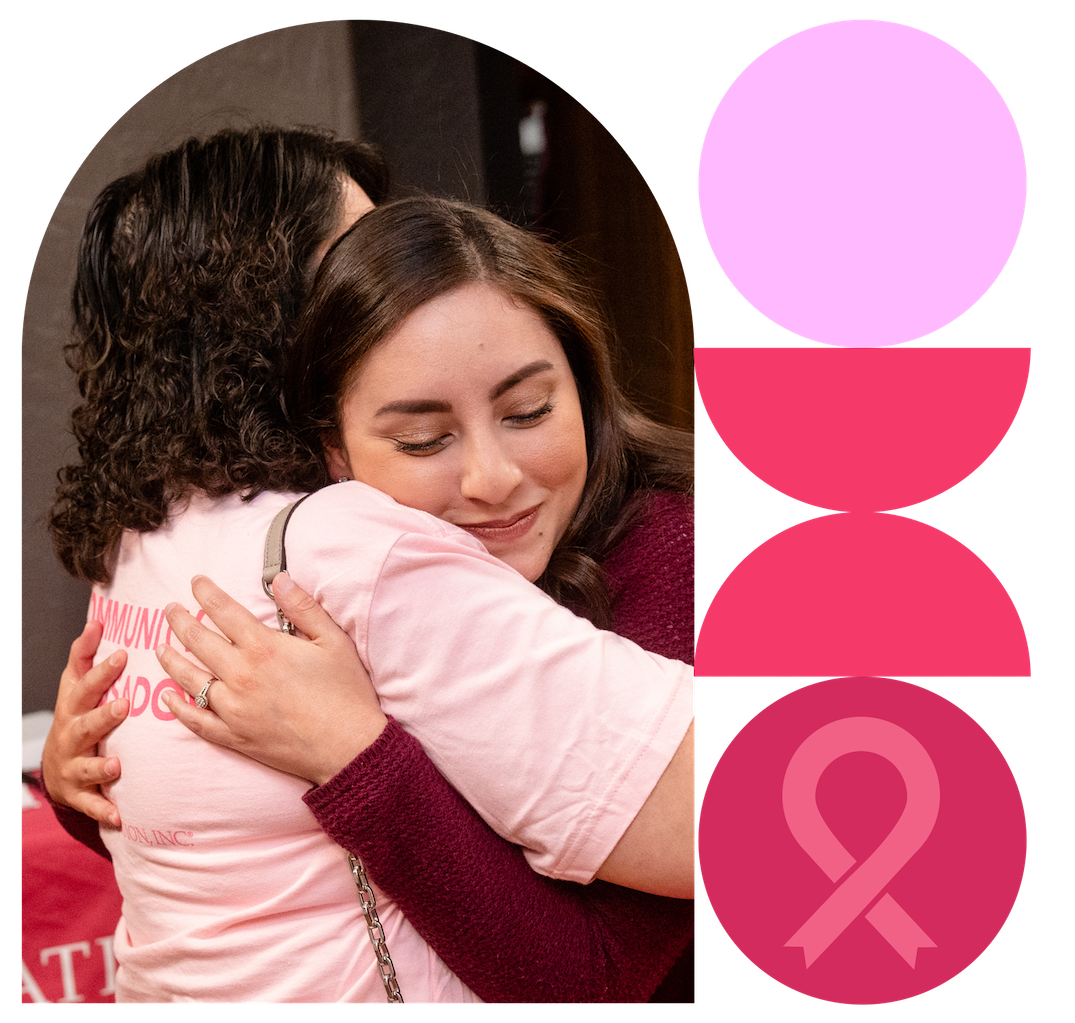
Early Detection
Simply put, early detection saves lives. When caught in its earliest, localized stages, the 5-year relative survival rate for breast cancer is 99%. But what is early detection? Early detection means finding breast cancer at an early stage, before it has a chance to spread and is easier to treat.
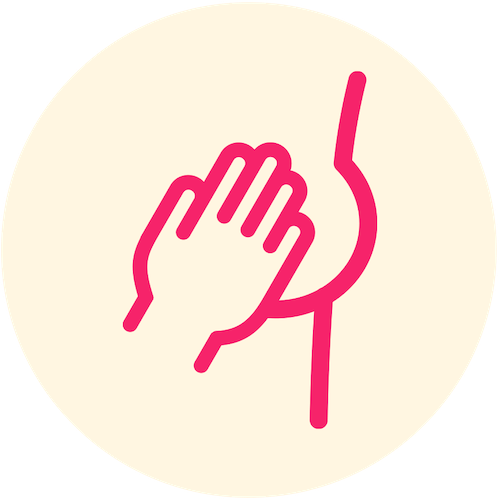
A breast self-exam is an early detection tool that all women can perform themselves each month to check for changes in their breasts. Learn how to perform this important self-exam in this step-by-step video.
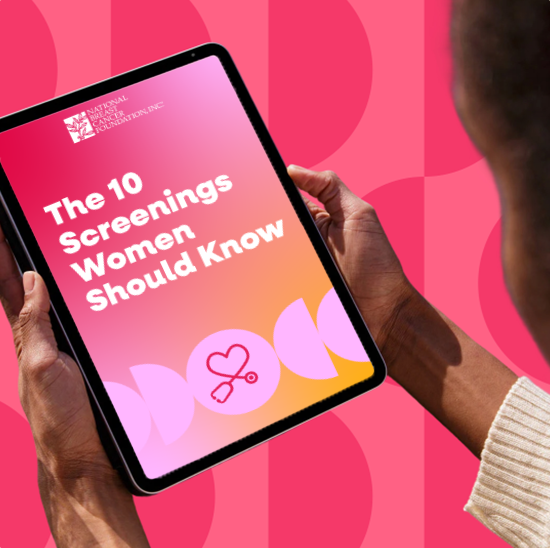
Routine screenings for certain health conditions, including breast cancer, are an important and powerful way to prioritize your health. Learn how to put your health first with these 10 common health screenings.
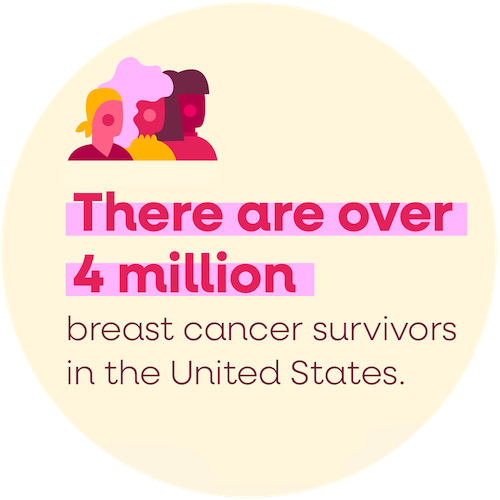
The first step to creating meaningful change is knowledge. Knowing the facts and statistics of breast cancer can help you prioritize your own breast health and encourage others to do the same.

As you prioritize your health, let us spoil you.
Enter our giveaways now.

Resources


